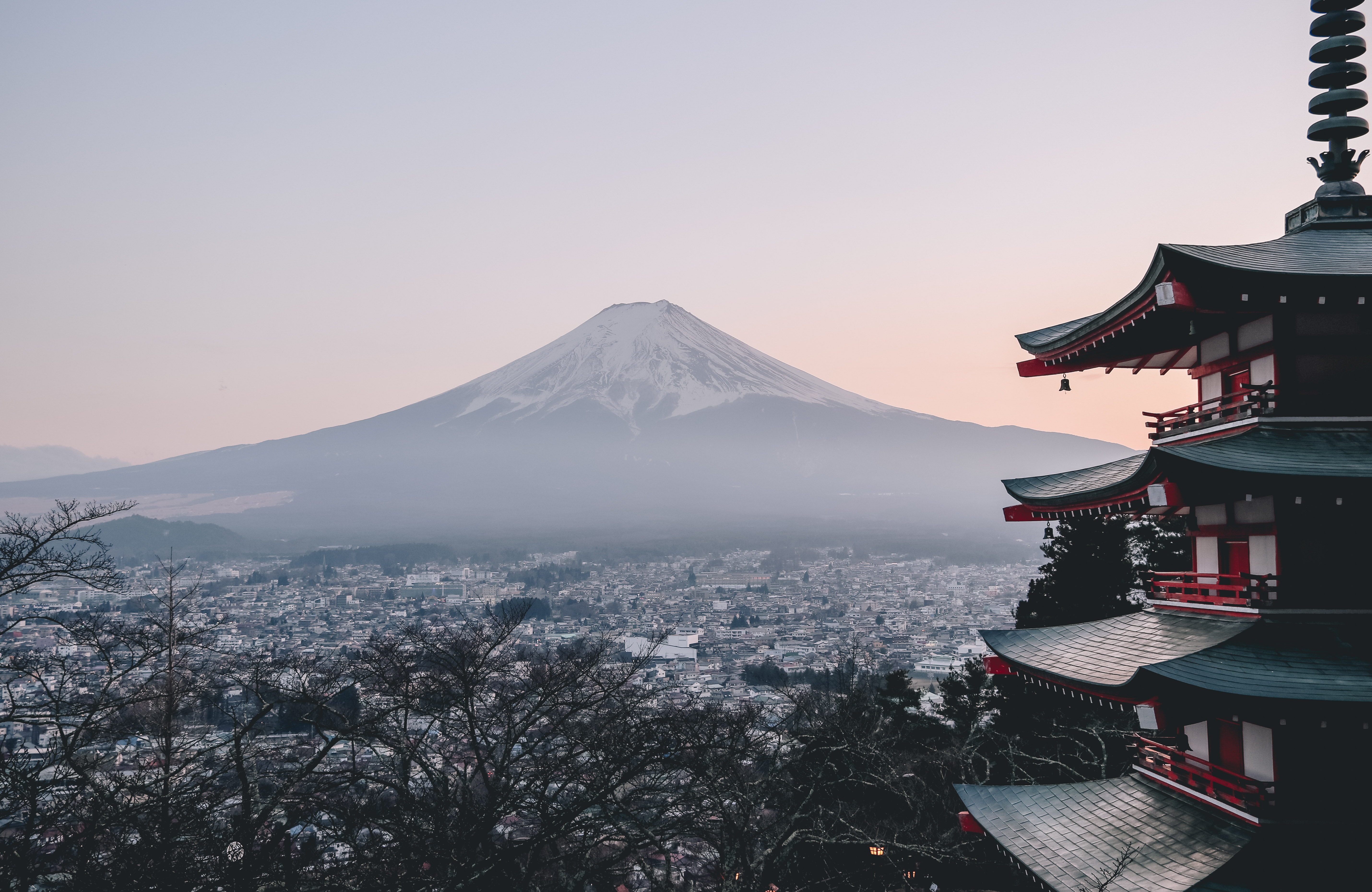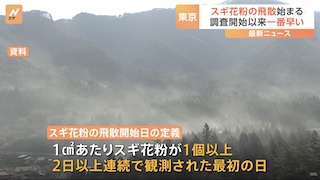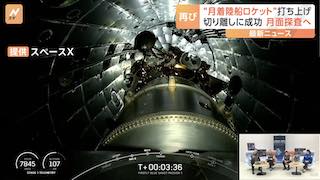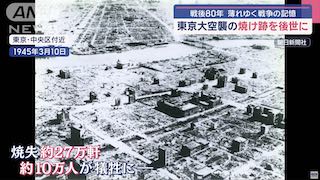Sep 26 (newsonjapan.com) - The Land of the Rising Sun is considered one of the world's most educated and productive countries.
They have long been known to significantly contribute to tech with brands like Sony, Casio, Toyota, Nissan, and more. Japan is an impressive nation that combines a dynamic culture grounded in a rich history and robust technology. It is one of the tigers of Asia and the third largest economy in the world.
Education in Japan is a top priority, with a significant portion of the country's gross domestic product earmarked for increasing knowledge, boosting learning, and improving research and development. One thing that makes this nation stand out from all other countries is its advanced educational system.
From a comprehensive curriculum to a strong focus on holistic development via extracurricular activities, this country's learning system is touted as one of the best. Keep reading to discover the specific aspects that make education in Japan a genuinely enriching experience.

Elements That Make Japanese Learning Stand Out
The learning system in Japan stands out since it is firmly rooted in the country's rich culture and traditions without compromising worldwide knowledge. The teachers and students also rely on advanced learning delivery models. The population has a 100% enrollment rate at the mandated levels and zero illiteracy.
Notably, Japanese education is free to all citizens, including foreign residents. Because of accessibility, the country’s citizens are considered one of the most educated populations.
The honor system is highly valued in Japan, so it is very rare to hire someone to write a paper. Students also do not ignore teachers' lectures and pay attention to coursework. More importantly, students are rarely late, and most don't skip class.
Check out the nuances of the learning system here:
- The Japanese focus on the quality of learning versus the number of items learned.
- Studies show that 85% of the country’s students are happy in school.
- Students are mandated to go to Elementary, Junior High, and Lower Secondary Schools.
- The advanced education system is a top-performing OECD in math, science, and reading literacy.
- The country is considered very safe for international students.
- Japanese students typically attend after-school activities and workshops to hone skills alongside academic knowledge.
The Japan Education System Overview
Although the Japanese education system uses a traditional teaching approach, they rely on technology and innovative teaching methods to impart the necessary knowledge and crucial skills to students. Check out the country's education system vis-a-vis age:
- Primary Nursery (Yōchien) 3 to 6
- Elementary (Shōgakkō) 6 to 12
- Secondary Lower Secondary (Chūgakkō) 12 to 15
- Upper Secondary (Kōkō) 15 to 18
- Higher University (Daigaku) 18+ (2 to 4 years)
The ministers of education have a well-crafted syllabus for all its learners. The country is also known for the values the teachers impart to the students. In the primary years, students are taught basic reading and writing, emphasizing Nihongo and their local literature. Subject areas include math, science, social science, PE, arts, music, and moral education.
At the secondary level, students gain advanced knowledge on the topics above, including foreign languages. In the higher years, particularly grades 10 to 12, the curriculum incorporates specializations such as commerce or science, with students choosing subjects they feel inclined to pursue as future careers. Examples of these are:
- Business
- Accounting
- Information Technology
- Fish Farming
- Humanities
- Engineering
Unique Nuances of Education in Japan
According to the OECD's PISA or Programs for International Assessment, Japanese students have exemplary levels of achievement in all subject areas, especially in science. For junior high and high schools, English is a mandatory subject.
However, in some elementary schools, educators also begin teaching English lessons to ensure students can communicate well in the international arena. In some high schools, the students are also allowed to take up other foreign language electives like German, Korean, French, and Chinese.
Moreover, there is a solid emphasis on extracurricular activities, as seen in student clubs. Assigned teachers supervise these clubs. Students with the same interests can join clubs with themes like cultural activities, study groups, sports, singing, dancing, drawing, etc. These groups convene even when classes are off.
The Unique Academic Calendar in Japan
The seasons in the country play a significant role in the education system. The cherry blossom season has a strong influence in Japan. Thus, businesses and academic calendars commence in April and end in March. The schools in the country follow a trimester calendar with this schedule:
- The first semester is from April to August
- The second semester is from September to December
- The third semester is from January to March
Cultural and Educational Exchange Programs
The Japanese learning system strongly values cultural and educational exchange programs, often offered in many schools and institutions. The program lives up to its name because Japanese students are sent to study in a foreign country for no more than one year. In turn, the country welcomes and opens its doors to international students to learn from them.
The primary goal of this program is to offer a wealth of opportunities for the participating students. At the same time, they will get exposed to different learning styles, cultures, traditions, and languages. This provides a more holistic learning experience for better knowledge and development.
Final Thoughts on Japanese Education
With a solid curriculum of core subject areas and inculcation of values, it's not surprising why the Japanese education system is considered one of the most advanced in the world. Though learning systems differ per country, there is a strong correlation between a country's quality of education, its economic standing, and citizens' well-being.
In this aspect, the Japanese do not lag, which is why it is one of the most dynamic economies in the world, as seen in the robust Nikkei stock market. Thus, it is unsurprising that many international students also come to Japan for further studies. Those planning to explore education opportunities can speak directly to schools for guidance on selecting suitable courses and the admissions process to complete the necessary formalities for enrollment.















